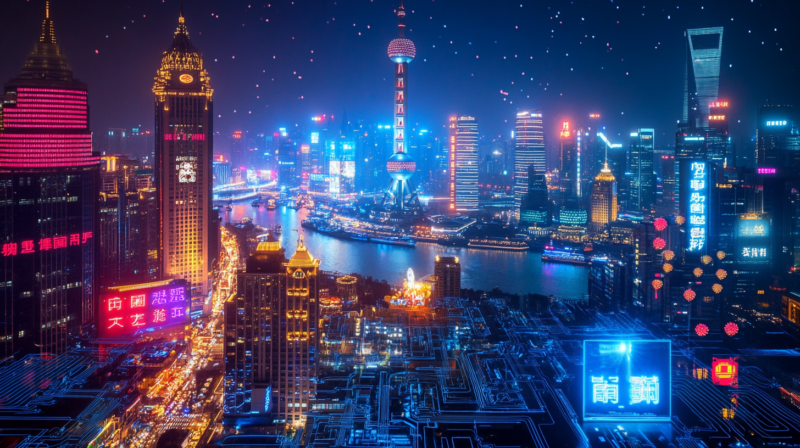Essential Insights
-
AI Integration Acceleration: Major German and Japanese car manufacturers are rapidly adopting AI models developed by Chinese tech firms to enhance their cockpit systems, seeking to improve in-car intelligence and user interaction.
-
Key Partnerships Formed: Mercedes-Benz has partnered with ByteDance to feature its Doubao AI model in a mass production electric sedan, while BMW is utilizing Alibaba’s Qwen AI models for its upcoming electric vehicles.
-
Rapid Response Capabilities: The AI integration enables cars like the Mercedes-Benz CLA to respond to driver queries in just 0.2 seconds, showcasing advanced voice interaction and command execution capabilities.
- Innovative Collaboration: Japanese automakers Nissan and Honda are integrating DeepSeek AI into their systems to enhance chatbot and voice interactions, reflecting a trend towards leveraging Chinese technology for mobility advancements.
German and Japanese Carmakers Embrace AI Innovation
At the Shanghai Auto Show, German and Japanese automotive brands eagerly showcased their latest models featuring advanced Chinese AI technology. This shift highlights a growing trend in the industry toward adopting artificial intelligence developed in China. For example, Mercedes-Benz introduced an electric CLA sedan equipped with Doubao, a large language model by ByteDance. This vehicle stands out as the first mass production model tailored for the Chinese market. With its ability to respond in just 0.2 seconds, Doubao enriches the user experience by seamlessly executing driver requests.
Similarly, BMW presented its Neue Klasse electric vehicle, which integrates Alibaba’s Qwen AI models. According to Alibaba, this collaboration signifies a major leap forward for AI-driven mobility. Meanwhile, Japanese automakers Nissan and Honda are also in the race, striving to enhance their vehicle systems with DeepSeek’s capabilities. By improving voice and chatbot interactions, these companies aim to elevate driver engagement and convenience.
Tesla Awaits Approval Amidst Rapid Competition
Amid this technological progress, Tesla finds itself in a holding pattern. The company awaits Beijing’s approval to launch its full self-driving (FSD) system for models sold in mainland China. This waiting game illustrates the challenges that even industry leaders face in adapting to local regulations and technological landscapes. As competitors leverage AI advancements, Tesla must strategically navigate this complex environment to maintain its market position.
The incorporation of AI technology into vehicle systems promises remarkable changes for the automotive industry. Improved response times and smarter interaction could transform how drivers engage with their cars. Consequently, this shift may lead to more widespread adoption of advanced driver-assistance systems. As key players embrace these innovations, society moves closer to an era of AI-driven mobility that enhances our everyday lives.
Expand Your Tech Knowledge
Explore the future of technology with our detailed insights on Artificial Intelligence.
Stay inspired by the vast knowledge available on Wikipedia.
TechV1

